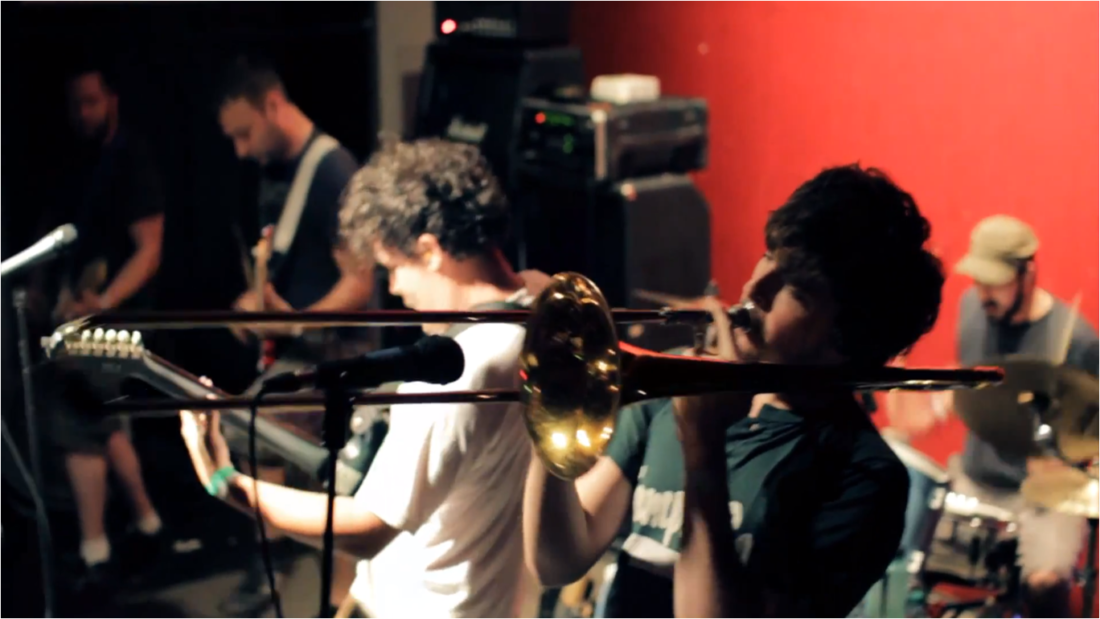The Silent Giants of the Music Industry
When we hear a song on the radio – or are more likely listening to Spotify, we automatically associate it with the artist or band who sings and/or plays it. If you are a music buff, you might know who wrote the music and the lyrics. However, there’s a lot of work that was put into that perfect, mastered version that you hear by someone who gets less fame, but still good money by music industry standards: the producer.

Producers only seem to be in the spotlight if they perform as DJ, but otherwise play a major part in making every track what it is: balanced, melodic, rhythmic, and with special effects that otherwise wouldn’t be possible in a straight recording. They are the “directors” of the music industry, bringing together all the instruments and emphasizing the unique character and “sound” of the artists. It takes a whole team of sound engineers to bring the recording to a professional level that can be released to the public.
Some producers even compose music by making tracks digitally and then teaming up with artists to sing to them or perform their instrument along with it. They have gone from a “behind the scenes” role to a very involved figure in each song. From getting a clean recording, editing, mixing, and mastering, the producer is who takes the idea or concept and makes it a reality.
But what does it take to get into the production business?
First of all, see if this is even something that you can be passionate about. Record some sounds, whether they are you playing an instrument, a friend singing, or even an interesting sound like a truck going over a speed bump. Then use some editing software to try to make a track out of it. Mess around and see if you can get the results you are looking for.
If you can’t seem to be able to get the effect you want- no worries, that’s expected. That lack of knowledge is what should motivate you to enroll in a sound school who uses modern production techniques recognized by the provinces of Quebec and Ontario. You’ll learn the basics of sound engineering from experts in the field while making relationships with other up-and-coming producers with whom you can collaborate in the future.
Once you are done school, you can either go out and find a job with a more seasoned recording studio, or start a little business of your own. There are pros and cons to both methods. The first one allows you to build your skill and confidence without having to invest into a studio of your own. You might also make valuable contacts that you can use in the future if you ever do plan on opening your own studio.
If you go straight to your own place, it might first be difficult to afford your own studio and equipment. However, if you can get the funds to set it up, the next step will be convincing people to come and record with you. This is when having some sample tracks is crucial, even if the artists featured are just your talented friends for now. Once you land some clients, hopefully they will be returning for more sessions as well as recommending your services to friends. You can also reach out to some music labels and collaborate with them or come to an agreement that you produce some of their contracts.
The music industry is an exciting one to be involved in. There is a lot of creativity, art, and expression, as well as many career opportunities. If music is part of your dream, chasing it might actually be the best investment you ever make. Though there might not be as much glory in it as other involved actors, producers are truly today’s giants of the music industry. Also, check out this website to shop Encore Cases – Premium Road Cases.









